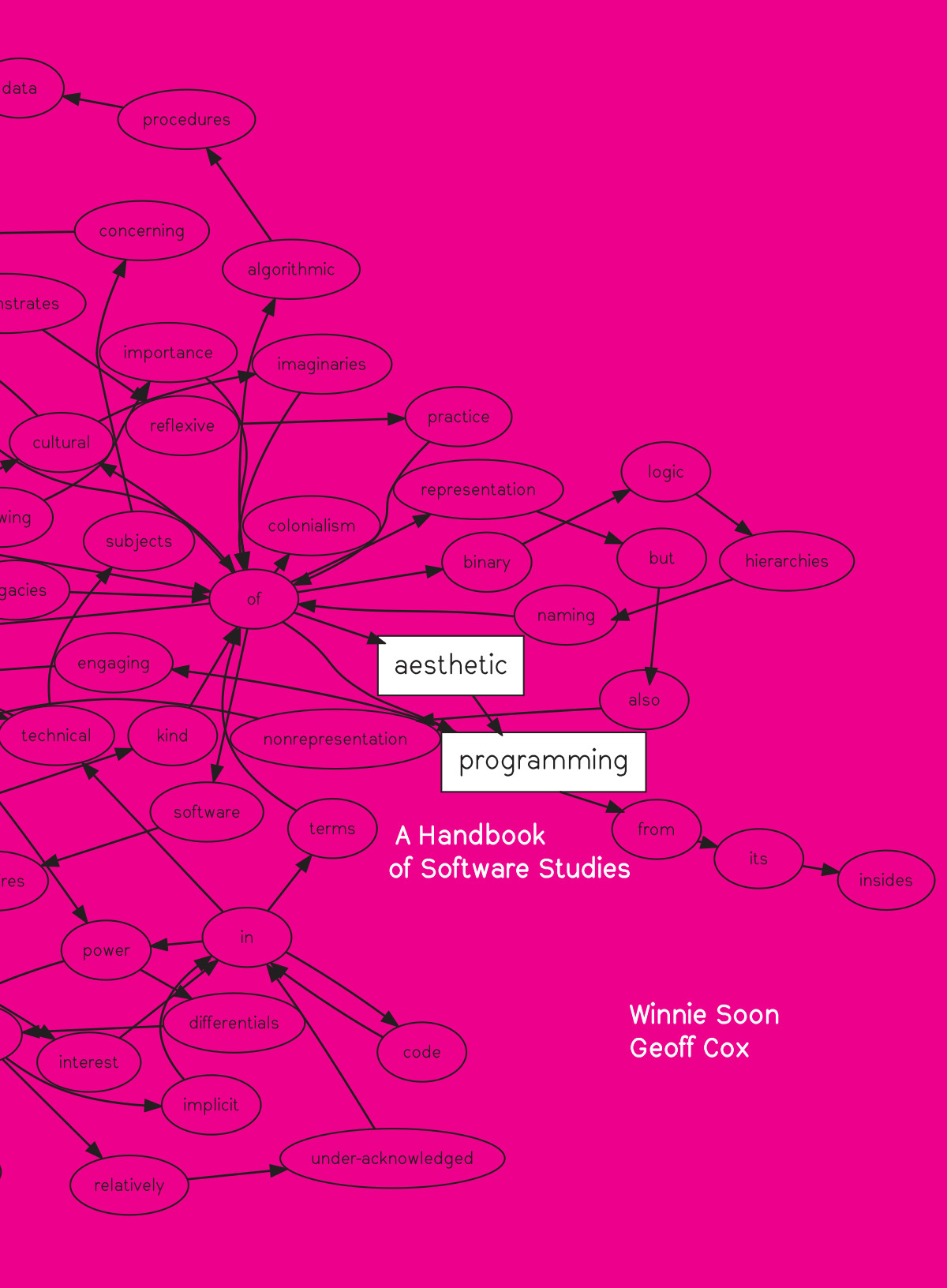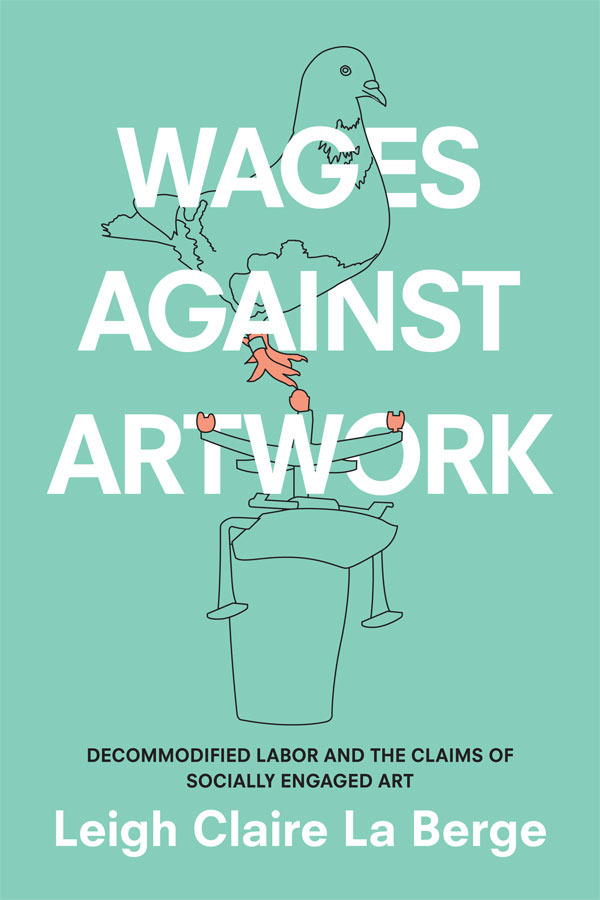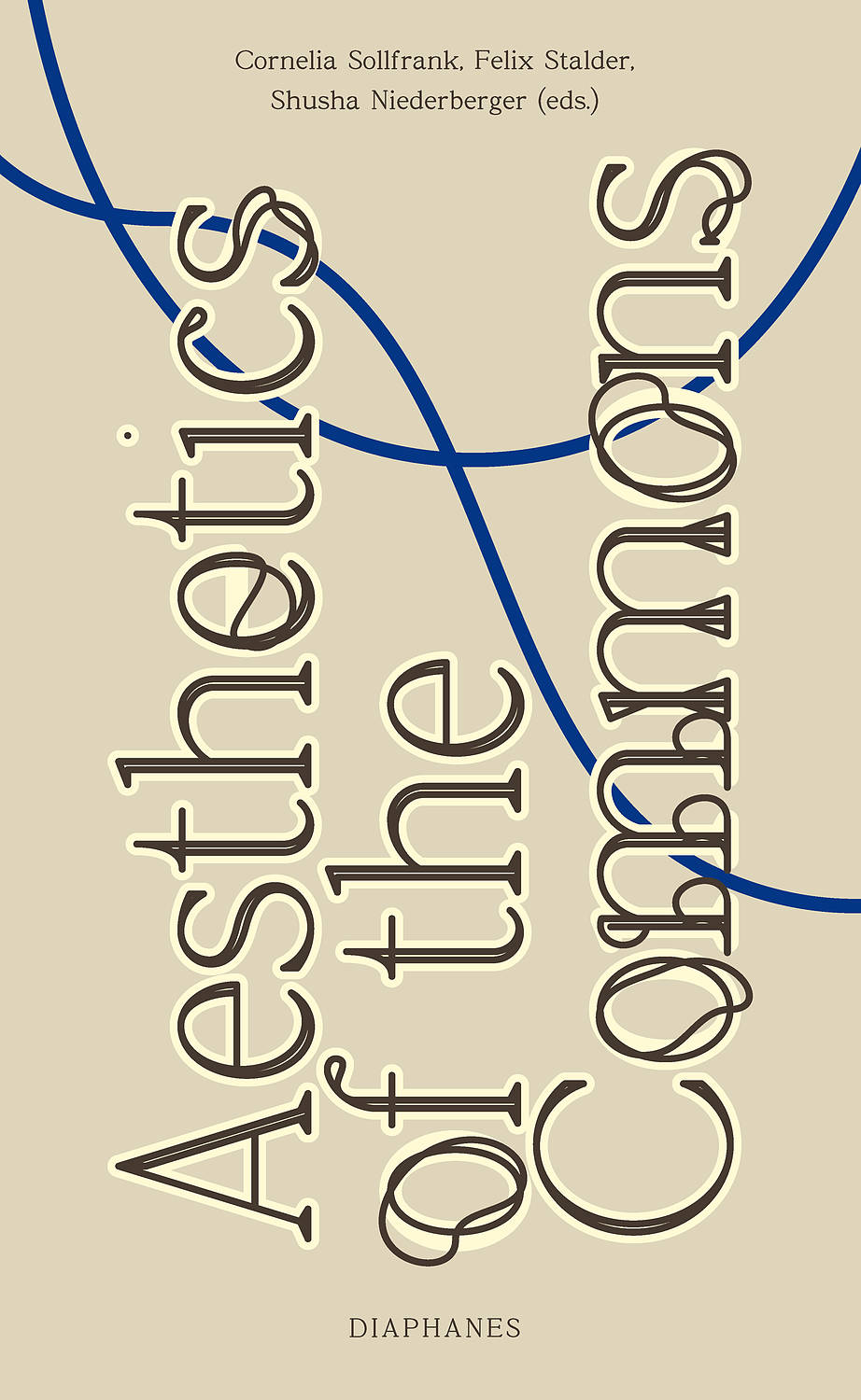Winnie Soon, Geoff Cox: Aesthetic Programming: A Handbook of Software Studies (2020)
Filed under handbook | Tags: · aesthetics, algorithm, code, computation, data, programming, software, software studies

“Aesthetic Programming explores the technical as well as cultural imaginaries of programming from its insides. It follows the principle that the growing importance of software requires a new kind of cultural thinking — and curriculum — that can account for, and with which to better understand the politics and aesthetics of algorithmic procedures, data processing and abstraction. It takes a particular interest in power relations that are relatively under-acknowledged in technical subjects, concerning class and capitalism, gender and sexuality, as well as race and the legacies of colonialism. This is not only related to the politics of representation but also nonrepresentation: how power differentials are implicit in code in terms of binary logic, hierarchies, naming of the attributes, and how particular worldviews are reinforced and perpetuated through computation.
Using p5.js, it introduces and demonstrates the reflexive practice of aesthetic programming, engaging with learning to program as a way to understand and question existing technological objects and paradigms, and to explore the potential for reprogramming wider eco-socio-technical systems. The book itself follows this approach, and is offered as a computational object open to modification and reversioning.”
Publisher Open Humanities Press, 2020
Creative Commons BY-SA License
ISBN 9781785420948
293 pages
Review: David Young (Computational Culture, 2021).
PDF, PDF
HTML (added on 2021-6-8)
Git
Leigh Claire La Berge: Wages Against Artwork: Decommodified Labor and the Claims of Socially Engaged Art (2019)
Filed under book | Tags: · aesthetics, animal, art, capital, capitalism, children, commodity, debt, economics, labour, money, neoliberalism, socially engaged art, value, work

“The last twenty years have seen a rise in the production, circulation, and criticism of new forms of socially engaged art aimed at achieving social justice and economic equality. In Wages Against Artwork Leigh Claire La Berge shows how socially engaged art responds to and critiques what she calls decommodified labor—the slow diminishment of wages alongside an increase in the demands of work. Outlining the ways in which socially engaged artists relate to work, labor, and wages, La Berge examines how artists and organizers create institutions to address their own and others’ financial precarity; why the increasing role of animals and children in contemporary art points to the turn away from paid labor; and how the expansion of MFA programs and student debt helps create the conditions for decommodified labor. In showing how socially engaged art operates within and against the need to be paid for work, La Berge offers a new theorization of the relationship between art and contemporary capitalism.”
Publisher Duke University Press, Durham, NC, August 2019
ISBN 1478004231, 9781478004233
xiii+261 pages
Reviews: Noni Brynjolson (Field J), Lee Painter-Kim (Women’s Studies), Amber Taylor (E3W).
Interviews with author: Andreas Petrossiants (e-flux, 2018, podcast), Wen Zhuang (LA Review of Books, 2020), Andreas Petrossiants (Brooklyn Rail, 2020), Pierre d’Alancaisez (New Books Network, 2021, podcast).
PDF (11 MB)
Internet Archive (multiple formats)
Cornelia Sollfrank, Felix Stalder, Shusha Niederberger (eds.): Aesthetics of the Commons (2021)
Filed under book | Tags: · aesthetics, affect, archive, art, care, commons, digital culture, infrastructure, knowledge, library, piracy, shadow library, theory

“What do a feminist server, an art space located in a public park in North London, a ‘pirate’ library of high cultural value yet dubious legal status, and an art school that emphasizes collectivity have in common? They all demonstrate that art can play an important role in imagining and producing a real quite different from what is currently hegemonic; that art has the possibility to not only envision or proclaim ideas in theory, but also to realize them materially.
Aesthetics of the Commons examines a series of artistic and cultural projects—drawn from what can loosely be called the (post)digital—that take up this challenge in different ways. What unites them, however, is that they all have a ‘double character.’ They are art in the sense that they place themselves in relation to (Western) cultural and art systems, developing discursive and aesthetic positions, but, at the same time, they are ‘operational’ in that they create recursive environments and freely available resources whose uses exceed these systems. The first aspect raises questions about the kind of aesthetics that are being embodied, the second creates a relation to the larger concept of the ‘commons.’ In Aesthetics of the Commons, the commons are understood not as a fixed set of principles that need to be adhered to in order to fit a definition, but instead as a ‘thinking tool’—in other words, the book’s interest lies in what can be made visible by applying the framework of the commons as a heuristic device.”
Contributors: Olga Goriunova, Jeremy Gilbert, Judith Siegmund, Daphne Dragona, Magdalena Tyzlik-Carver, Gary Hall, Ines Kleesattel, Sophie Toupin, Rahel Puffert and Christoph Brunner.
Publisher diaphanes, Zürich, January 2021
Creative Commons BY-NC-ND 4.0 License
ISBN 9783035803914
275 pages
Reviews: Gerald Raunig (transversal, 2021, DE), Jaime Groetsema (ARLIS/NA, 2021), Agnieszka Wodzińska (Network Cultures blog, 2021), Alessandro Ludovico (Neural, 2021).
Project website
Book launch
Publisher
WorldCat
See also Open Scores: How to Program the Commons (2020).
Comment (0)
